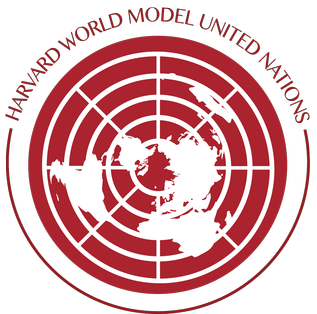Vanessa Iwuoha
csocd@worldmun.org
Vanessa Iwuoha is a junior in Eliot House studying Economics with a secondary in Education Studies. Within WorldMUN, Vanessa is the CoSD chair. She is passionate about educational equity, community development, and finance. Originally from Newark, NJ, in her free time, she loves ceramics, scrapbooking, and cooking. She is excited for the conference and cannot wait to meet all the delegates!
Topic: International Place-Based Collaborative Action Initiatives
There have been various efforts to address the issue of poverty and inequity, from extensive nonprofit programs to pools of government funding. However, many of these attempts focus on the side effects of poverty and act as a band-aid to cover up the result of the historical, societal, and cultural challenges. In 1990, Harlem native Geoffrey Canada founded the Harlem Children’s Zone (HCZ), which took the revolutionary approach of addressing the challenge of poverty from a systems-level perspective. His strategy for poverty alleviation relied on action. For example, instead of hoping a single afterschool program would be the solution, the HCZ provided dedicated support to underserved children from “cradle-to-career” and focused on the unique challenges faced by children in Harlem. The organization’s efforts have been proven successful by many economic studies and have since inspired several U.S. government policies. The program has shifted the solution to a neighborhood and systems-level approach where historical context is prioritized, and the power of overarching structures is emphasized. Now, we are in an era where the field of “place-based collaborative action” is under a national spotlight and picking up steam. In the midst of its success, it's important to ask ourselves how this framework of addressing poverty at a localized level could be explored across an international space with the complexities of different demographics, societies, politics, and cultures.


